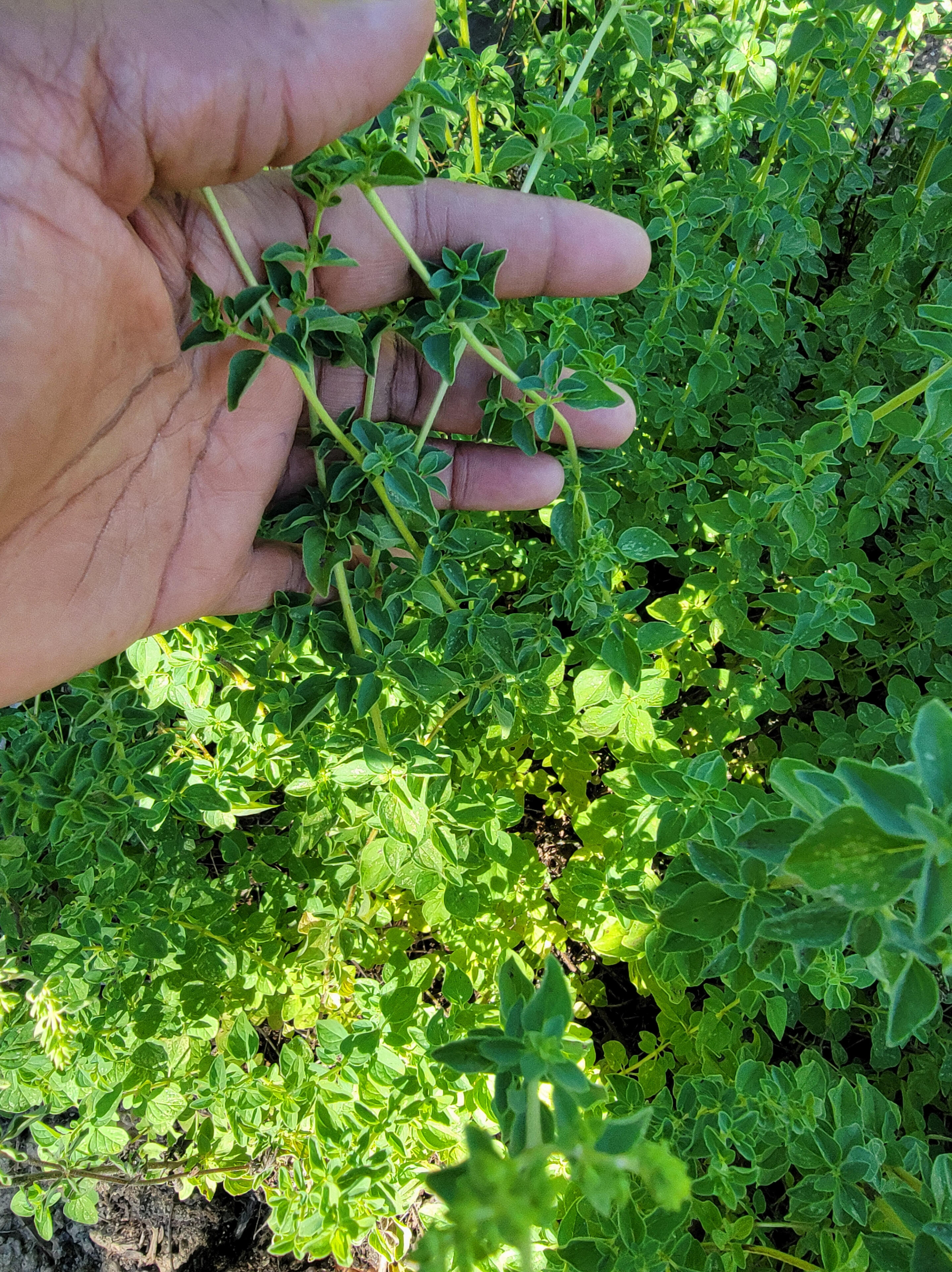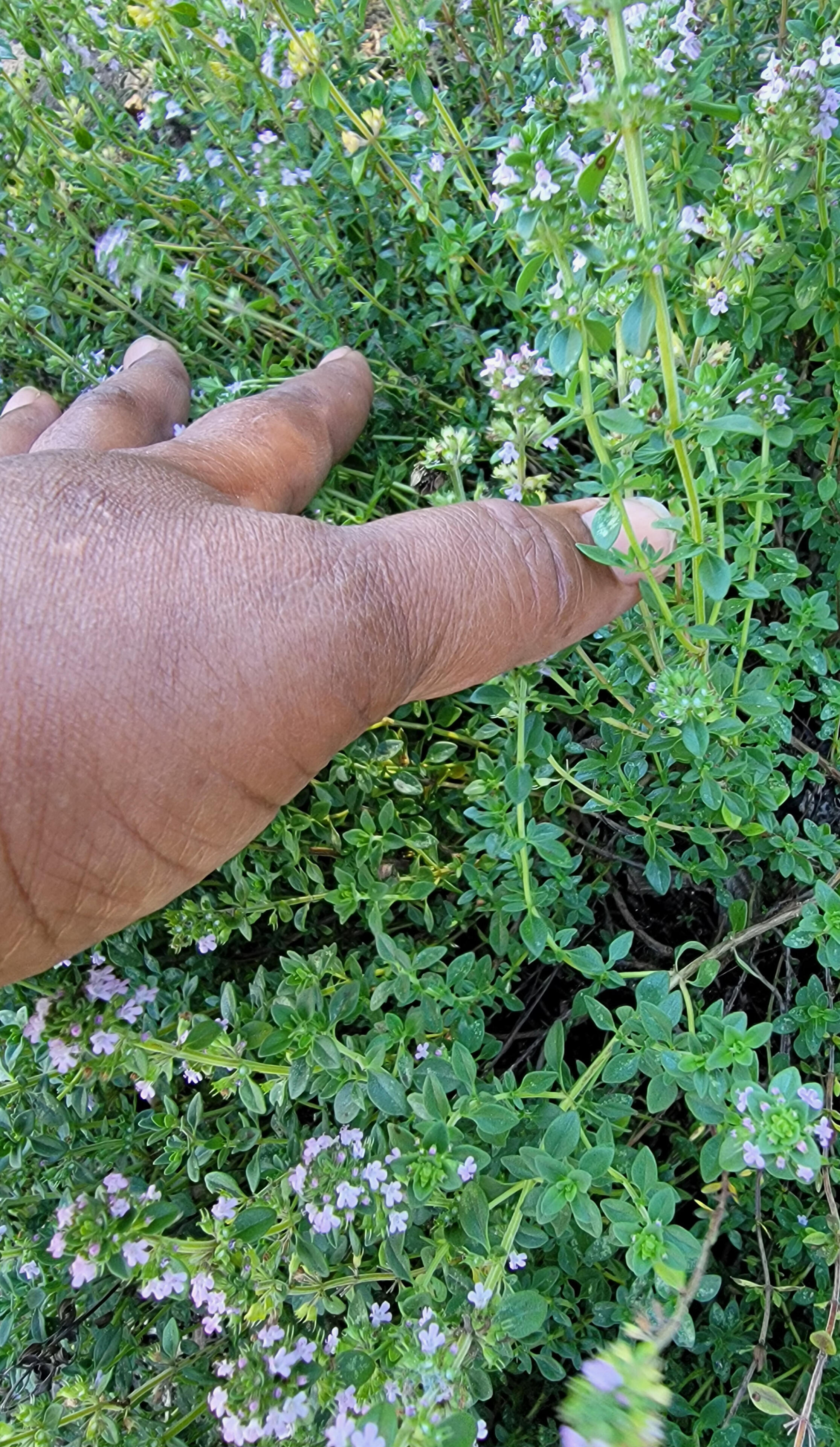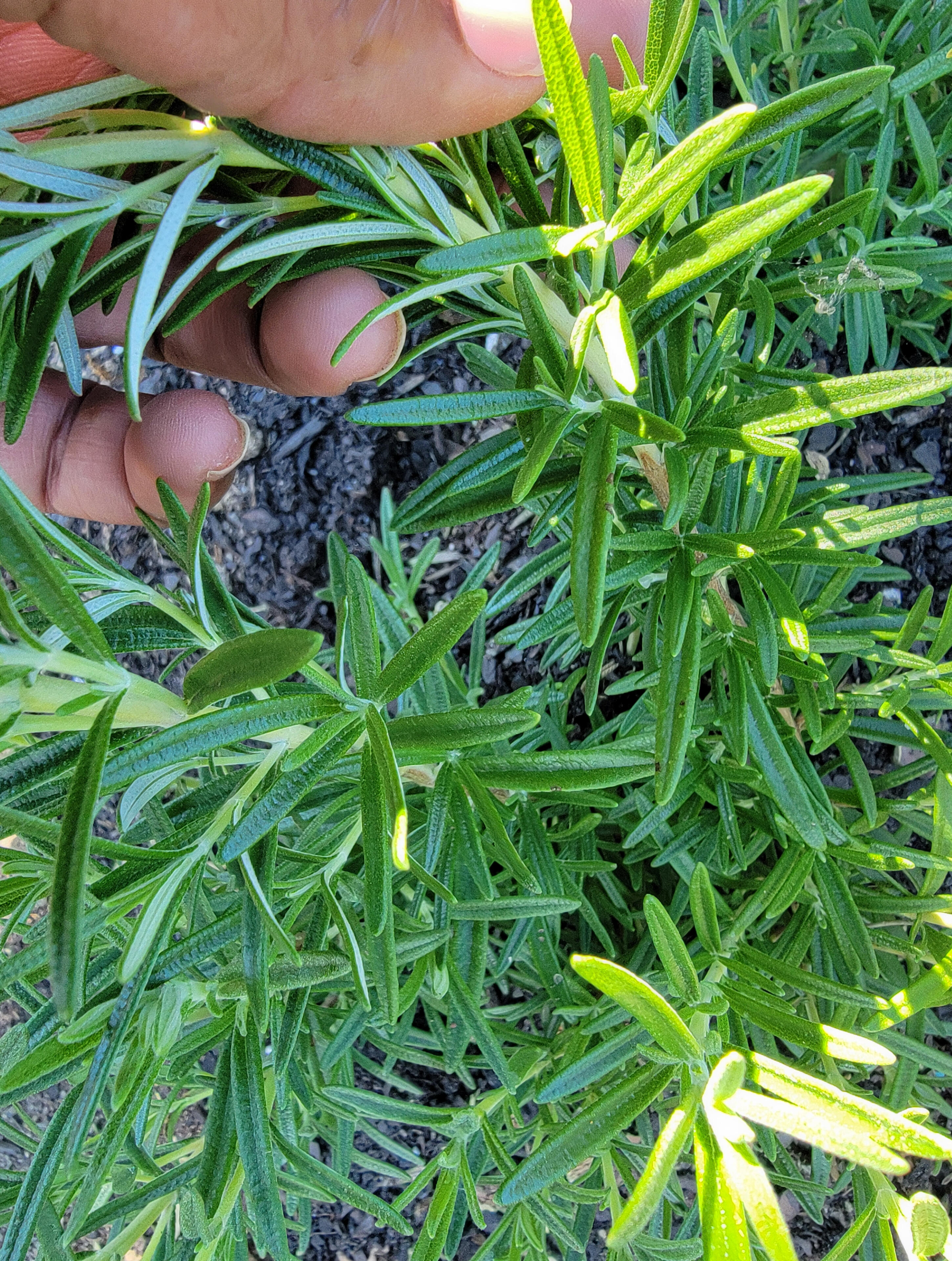El Rancho Santia
No-Till, No-Dig, Organically Grown Herbs
El Rancho Santia is a small, veteran family-run farm dedicated to growing high-quality herbs using no-till, no-dig organic practices. Our focus is soil health, clean growing methods, and producing herbs with excellent flavor and integrity.


Our Featured Herbs
Fresh & Dried Herbs Available (Seasonal)
• Rosemary (fresh / dried)
• Thyme (fresh / dried)
• Dill (fresh / dried)
• Oregano (fresh / dried)
• Marjoram (fresh / dried)
• Bay Leaves (fresh / dried)
• Sage (fresh / dried)
• Cilantro (fresh)
• Parsley (fresh)• Fresh herbs: Local delivery within approximately one hour of Hamilton County, Tennessee
• Dried herbs: Shipped within the United States
(We do not ship fresh herbs)
How to Order
ORDER
How to OrderOrdering from El Rancho Santia is simple.1. Contact us with the herbs you’re interested in2. We will confirm availability, quantity, and pricing3. You will receive an invoice4. Payment is due upon invoice confirmation5. Your order is prepared for local delivery or shippingDelivery & Shipping• Fresh herbs: Local delivery within approximately one hour of Hamilton County, Tennessee
• Dried herbs: Shipped within the United States
• We do not ship fresh herbsPaymentPayment is due upon invoice confirmation.
Accepted payment methods will be provided on your invoice.Place an Order📞 Text or call: (616) 516-7723Please include:
your nameHerb name(s)Fresh or driedQuantity neededYour location

Contact
Have a question about our herbs?
Ready to place an order?
We’re happy to help.Fresh herbs: Available for local delivery within approximately one hour of Hamilton County, Tennessee.Dried herbs: Shipped within the United States.
(We do not ship fresh herbs.)
Thank you
Thank You for Your SubmissionWe’ve received your message and will respond as soon as possible.
We appreciate your interest in El Rancho Santia and look forward to connecting with you.